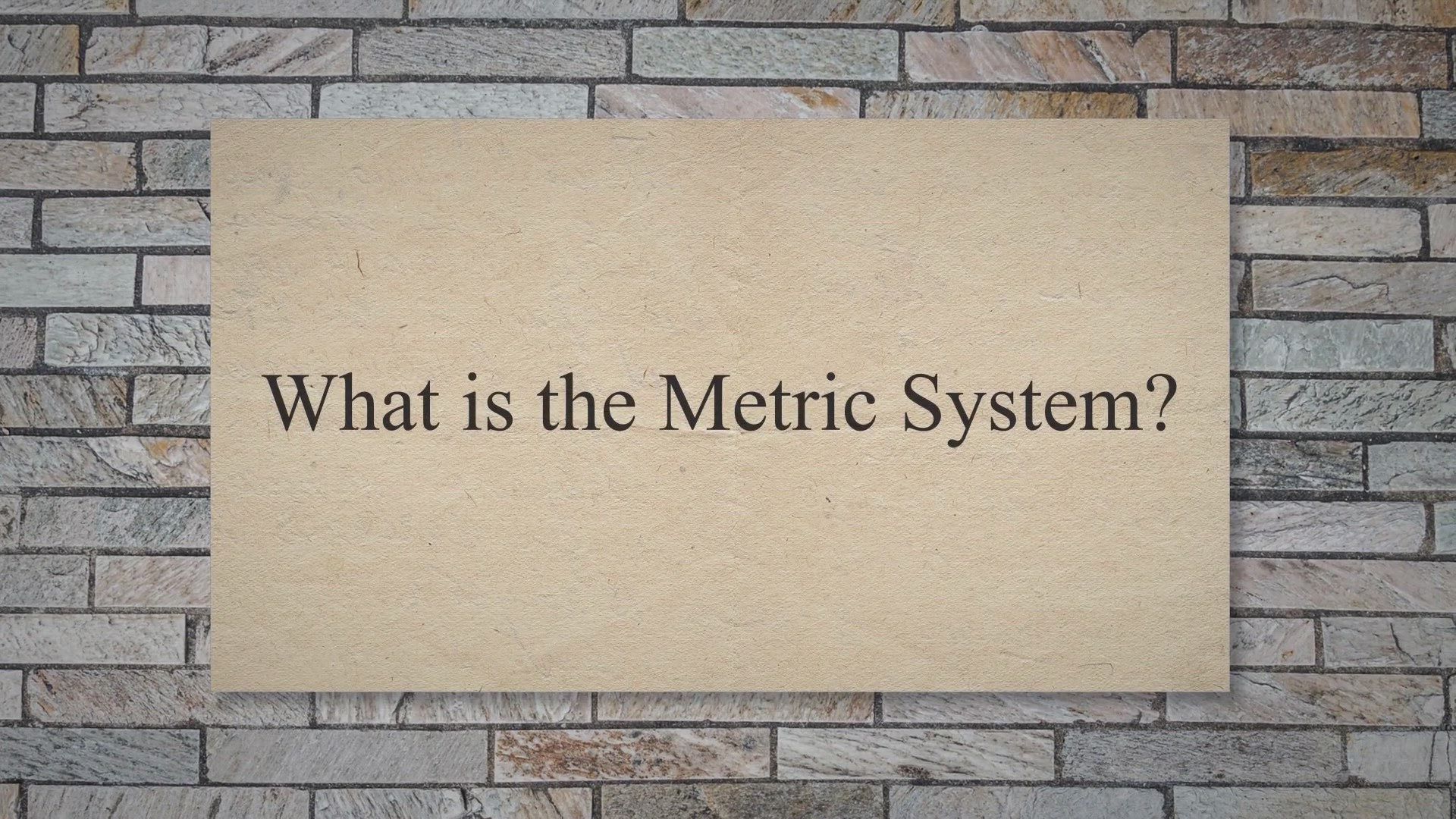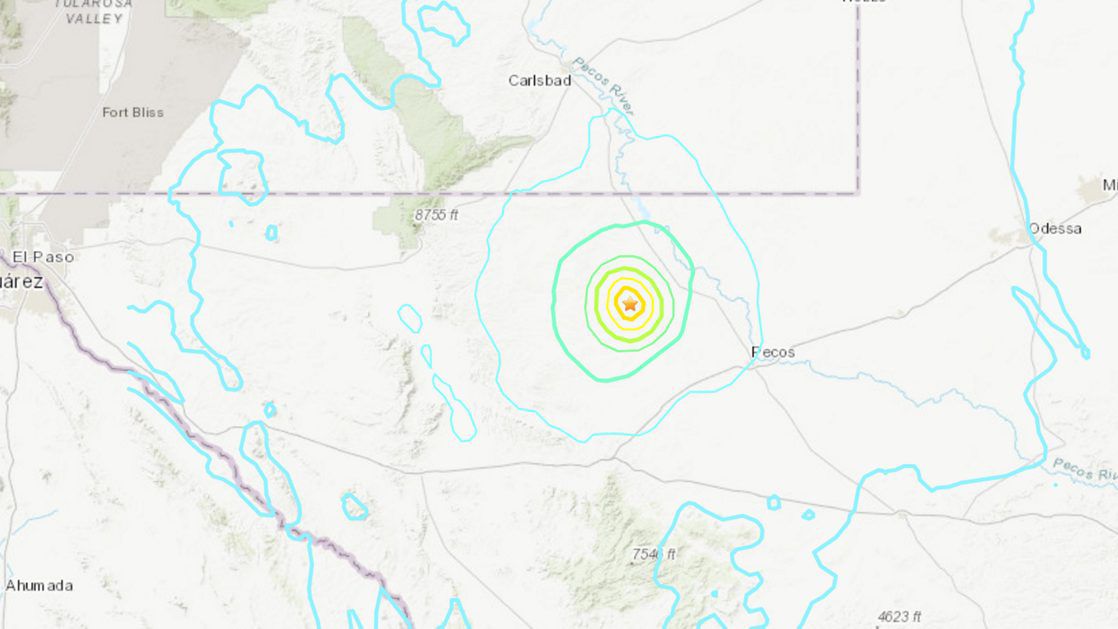Roads & PavementRoads & Pavement
Barefoot
Minimal
Low
Medium
High
Maximal
All around running shoes offer comfort and cushioning for daily runs, jogs, walks, and long mileage. They offer enough versatility for both faster and slower runs and are a great option for those who want one running shoe to do it all.
Fast run or uptempo running shoes are lightweight and responsive. They offer streamlined designs that have minimal uppers and offer a high level of energy return. These shoes are a great option for faster runs in the week or those looking for a livelier experience.
Max Cushion shoes offer premium cushioning with ample ground protection and a stable ride. These types of shoes provide abundant impact protection that softens landings while running at any pace or distance. These types of shoes are best for slower recovery runs and easy days where comfort takes priority.
Racing shoes are designed with optimal performance in mind. These types of shoes have snug-fitting uppers, energetic midsole foams, and features implemented for maximum efficiency. These types of shoes are best for runners looking to gain the ultimate advantage in races but may sacrifice some durability and comfort.
Gym Workout shoes offer a stable and versatile ride. They have a firmer underfoot feeling that provides stability for lateral movements with comfortable uppers. These types of shoes are best for trips to the gyms, cross training, casual wear, and light running. The Metric System A Journey of Decimal Precision
Road running shoes feature smooth outsoles that are designed for running on paved surfaces such as roads, sidewalks, and bike paths.
Designed to handle most trail runs, these shoes prioritize comfort and a smooth ride. These shoes are great for anything from smooth singletrack, park trails, and fireroads making them ideal for those who run from their doorstep on streets before hitting the trail.
These shoes are best used for hard, rugged trails such as shale, granite or sandstone where grip on smooth surfaces and underfoot protection are important.
Designed for use in muddy, soggy conditions, these shoes feature very aggressive outsoles that dig deep into soft ground for exceptional traction.
These shoes feature technical outsoles designed to grip snowy and icy trails making them ideal for winter trail running.
Cushioning level, or stack height, refers to how much shoe is between your foot and the ground. For this category, we reference the amount of cushioning below the forefoot as the heel height will be equal to or greater than the forefoot height.
List of Earthquakes for 122 37
0-13mm. The Shoe generally does not have a midsole and feels like there is no cushioning. This shoe is all about feeling the ground underfoot.
14-18mm. The shoe has a thin midsole that allows for a natural running experience. Racing shoes and minimalist shoes are common here. These shoes offer a feeling of being connected to the road or trail.
19-23mm. The shoe has a slightly cushioned feel and may feature added cushioning technologies. Performance training shoes and some trail shoes are common here. These offer protection during footstrike but prioritize a lightweight, grounded experience.
24-28mm. These shoes have a stack height that fall near the middle of the spectrum.The shoes in this category are verstaile and great for all types of runs and distances.
29-34mm. The shoe has a thick midsole and ample cushioning. These shoes are highly protective and absorb more impact than the body.
35mm plus. The shoe has an extremely thick midsole and extra cushioning. The focus is on protection and soft foam underfoot with hardly any ground feel.
Neutral shoes support the foot through a normal range of arch collapse and generally do not have a built-in technology to correct movement.
Stability shoes are a great option for those who overpronate or need added support. These shoes help to limit the inward rolling motion of the ankle while running or walking and assist in guiding the foot straight through the gait cycle. Navigation Compass Orienteering Compass Luminous with Outdoor
Product Details:
Range with LPWAN NB IoT LoRaWAN and NeoMesh at Sub GHz top, Uranus Archives Page 8 of 11 Universe Today top, 26 Annual tornado reports per 29 500 square kilometers 10 000 top, Navigation Compass Orienteering Compass Luminous with Outdoor top, A hiker travels 2 km due east of his starting point. Then he top, Is it miles of smiles for Miles Askew we ask you WEST LONDON top, SOLVED This table shows the average monthly distance traveled n top, Mark Eisenman on X top, Running pace chart Pace converter min mile to min km top, powerbeam 5ac gen2 Problem Lan Speed Ubiquiti Community top, Safety Free Full Text Assessing the Impact of 20 mph Speed top, Western Texas shaken up by magnitude 5.3 earthquake top, Metroid Dread s MercurySteam is way worse than not crediting top, Navigation Compass Orienteering Compass Luminous with Outdoor top, List of Earthquakes for 122 37 top, The Metric System A Journey of Decimal Precision top, Last mile transportation has nothing to do with the last mile top, 0.59 Kilometers to Miles 0.59 km to mi Convertilo top, Analysis Arctic Sea Ice News and Analysis top, 4.7 Kilometers to Miles Accurate Conversion km to mi top, Crazy Half Marathon Thoughts top, Citius Altius Fortius Communiter Miss Darcy s Adventures top, 4 Minute Kilometer Pace Chart 4 00 4 59 Pace per Kilometer top, January 18 2016 MAKUPSY top, Race Pace Conversion Chart Run North West top, Solved pace in mph Fitbit Community top, Pace really helps W6D3 done and then some r C25K top, 4.5 miles 2.4 km. 2 miles 3.2 km. 3 miles 4.9 km. 4 miles top, 2019 Arctic Sea Ice News and Analysis top, Isolation for Peak 233 Peakbagger top, Running Training Plan Running Pace Conversion Sheet top, Elgi Equipments Limited Mr. Salim Ramachandran Vice President top, Running pace chart Pace converter min mile to min km top, Convert kilometers miles nautical miles km mi nmi top, Neil Tilston on X top, Isolation for Peak 233 Peakbagger top, Miles to Light Years converter DaProfitClub top, 4 Minute Kilometer Pace Chart 4 00 4 59 Pace per Kilometer top, September 2018 Arctic Sea Ice News and Analysis top, 0.4 Miles To Kilometers Converter 0.4 mi To km Converter top, Kilometers to Yards Areavolumecalculator top, 0.59 Miles to Kilometers 0.59 mi to km Convertilo top, Continuing to scale Star Wars ships to minifig scale. At a canon top, Polar Insights from 2022 top, 4.59 kilometers per hour to miles per hour Unit Converter top, 12.4 Miles To Kilometers Converter 12.4 mi To km Converter top, Miles to Kilometers Conversion top, 4.59 miles to kilometers Unit Converter top, 4.5 Mi in Km 4.5 Miles in Kilometers Distance Conversion top, 4 Miles To Kilometers Converter 4 mi To km Converter top, Product Info:
4.59 miles in km top.
- Increased inherent stability
- Smooth transitions
- All day comfort
Model Number: SKU#6361133





